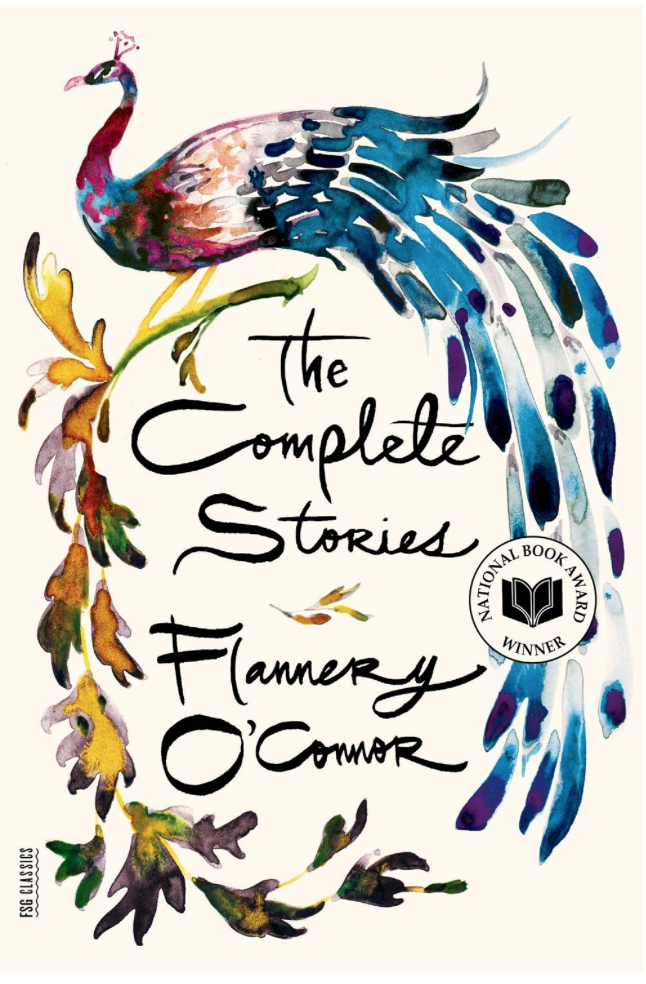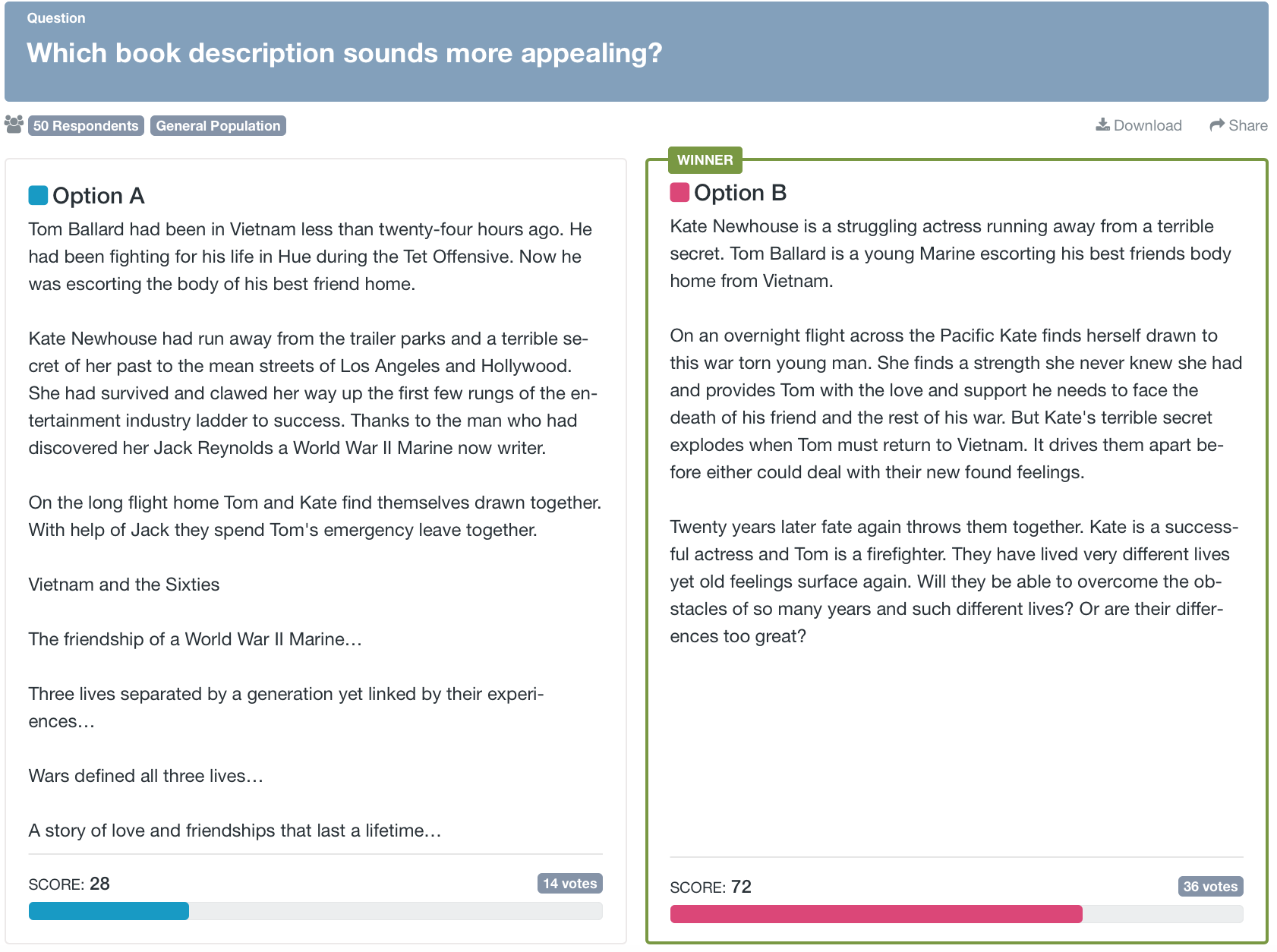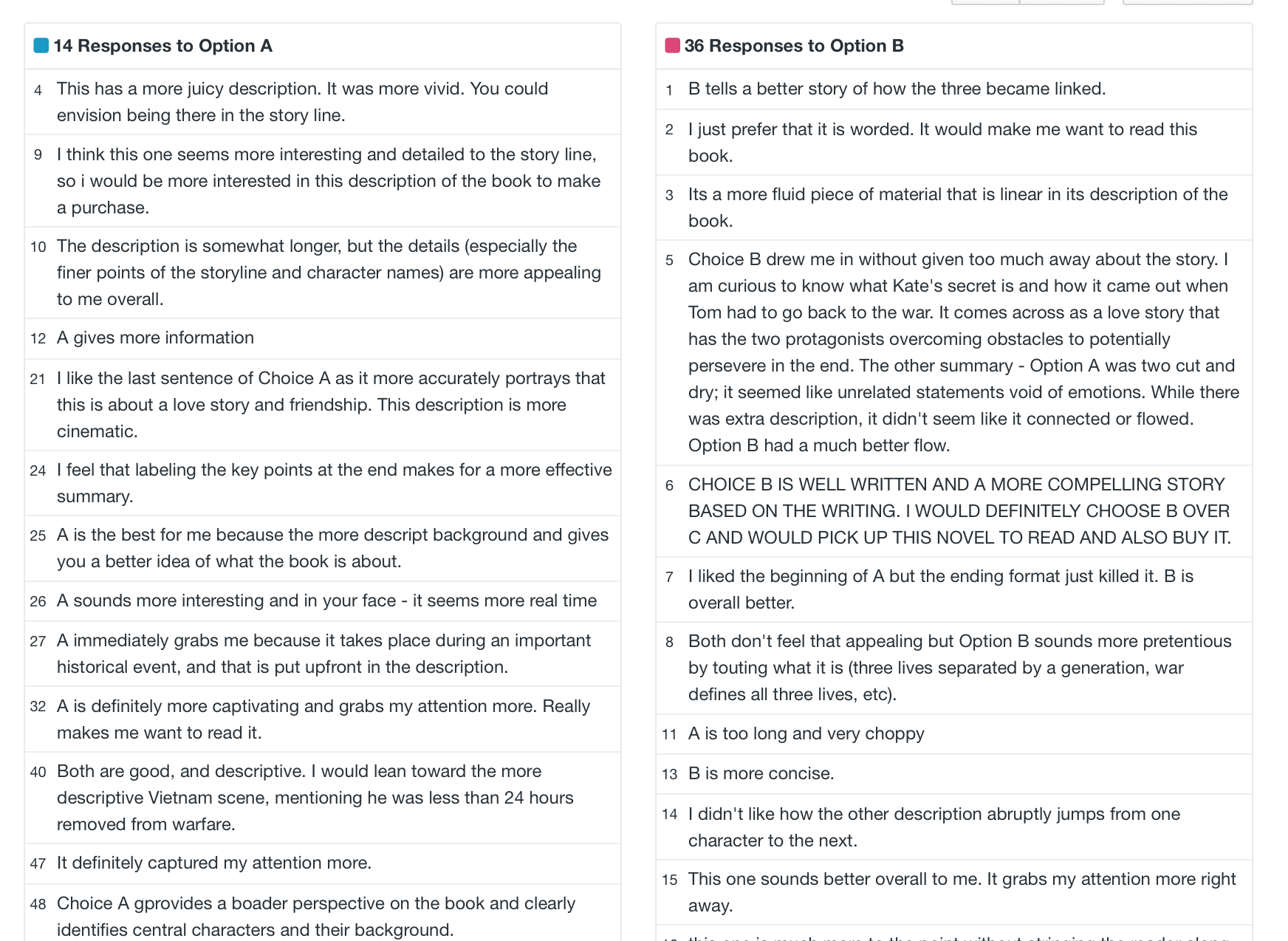There’s a saying among writers that writing is indeed an art: the art of getting your butt in the chair, staying there without checking Facebook, and writing.
Even before laptops and iPhones, this was true. Short story master Flannery O’Conner famously said, “I don’t know if the muse is going to show up on any given day, but by golly, I’m going to be at my desk every day from 8 to 12 every morning in case she does.”
Most serious writers know that the only way you can actually call yourself a writer is by writing every day. Or at least most days of the week. The problem is, most writers get sidelined at some point in their careers.
Writers may feel overwhelmed by the amount of regular work that rules their days. Perhaps they feel that they can barely squeeze in sleeping time, much less writing time. Those with children may find it nearly impossible to write amidst nighttime wakings, early risings, and the one-of-a-kind exhaustion that swallows parents once their kids do finally go to sleep.
So what’s a writer to do? How do exhausted or overwhelmed or just plain dispirited writers get back into writing?
We’ve got eight tips just for you.
1. Figure out why you started writing in the first place
Most writers remember the moment they first got carried away on the waves of their own fictional worlds. It’s a lot like the first time you realize that a book you’re reading has completely captivated you. Only this time, you’re the one creating the compelling scenes.
After working hard at your craft for months and years, others might recognize the value of your writing, too. Teachers, critique group members, or even agents and editors may tell you that your words fit together in ways they’ve never seen before.
When you stop writing, for whatever reason, and you want to get back into writing, remember why you started.
Was it that magical feeling of creating something new? The challenge of crafting a plot that stapled your readers to the page? The slow but delightful task of editing your prose until it was almost poetry?
Take a moment to write the reason down on a piece of card stock or a sticky note, and then tape it to your desk. (Or if you don’t have a desk, tape it to the outside of your laptop!) Put it right at eye level so that every time you walk by your desk, you’re reminded of why you ever started writing in the first place.
All writing needs the motivation to drive creativity forward. If you can remember that original spark, you’re much more likely to get back into your old writing habits.
2. Come up with a writing ritual
Some writers (okay, a whole bunch of writers) brew a pot of coffee before they put their butt in the seat. Others make tea. Still others get a small snack like nuts or dry fruit — something that keeps them chewing, which helps them stay awake.
You may have had a successful writing ritual when you first got started writing. Maybe you were the type of writer who awoke at 5 am, got your coffee, and wrote three pages. Now you’ve got a toddler who senses it when you try to wake up before him, so your old way of writing is impossible. Truly. (Yes, I’m talking about myself.)
You’ve got to think of another way. If your kid takes a nap, make that your new ritual time: brew your afternoon cup of coffee and settle down on the couch with your laptop.
Or if your child no longer naps (sob!), you’ll have to turn nighttime into writing time. This can be excruciating. After a long day of parenting, all you want to do is veg out in front of Netflix.
A cup of coffee (or decaf) and a sit in your favorite chair can remind you of your long-lost morning ritual and make it a little easier to write in the evening.
You can also read pages from a favorite craft book or even a novel before you write. This gives your brain a little break from creating but simultaneously prepares it to work because you’re reading other peoples’ written words. What’s more inspiring than that?
Whatever ritual you choose, stick with it. Before long, your brain will recognize that evening cup of coffee as a harbinger for writing time. Or if a certain ritual just isn’t helping, try another!
3. Get a planner
Yes, your phone has reminders and a calendar. But getting a flesh-and-blood planner can be more helpful because it forces you to write things down with a pencil in hand. This is a proven way to help you process information and organize your brain.
Schedule a set time five days a week (or three, or seven if you’re ambitious) to write, and jot that time down in your planner.
Then make sure you check your planner every day.
And don’t forget that oh-so-satisfying act of crossing out the writing time on your planner once you’ve completed it.
4. Set a 10-minute timer
After you get your ritual in place and your writing times down in your schedule, settle down for your first back-to-writing session.
If you’re a college student and you just studied hard for an exam and all you want to do is go back to sleep, take a deep breath.
Are you an exhausted mom who’s had kids clinging to you and asking you questions all day? Take a deep breath.
Look at that notecard you taped to your laptop earlier, your reason for writing. You will feel more like yourself once you write. And that’s a gift worth staying awake for.
(But, moms and dads, if you’ve had a truly horrible night with a sick or sleepless baby, take a break. Try again tomorrow. Sometimes those typical writing rules don’t apply to caretakers — and yes, that includes parents.)
Now set a timer for ten minutes. Tell yourself that at the end of those ten minutes, you can go to bed, or veg out on Netflix, or read a novel.
But first, you need to get ten minutes of writing in.
I dare you not to be shocked when your timer goes off. More often than not, your fingers will be warm. You’ll be tucked away in your imaginary world, and you won’t want to stop at the ten-minute timer.
But if you do, that’s okay. You did ten minutes of work, so check that off in your planner. Ten minutes of writing six days a week is an hour a week of writing. Not bad for any busy creative.
More importantly, writing every day will get you in the habit of writing regularly.
5. If you have more stamina but need breaks, try interval writing
Have you ever tried interval running? You know, that form of running where you practically drain your lungs of air for five minutes and then run slowly for ten, or sprint for thirty seconds and jog for two minutes, or whatever?
When you’re exhausted but want to commit to a longer chunk of daily writing time, interval writing can work miracles. It’s much more pleasant than interval running, too.
Here’s how it works: get your coffee, sit in your writing chair, read your motivational quote, and set a timer for ten or fifteen minutes.
Devote the entire time to writing. No checking Facebook, Twitter, or Instagram. Put your phone in another room and close the door if you need to.
When the timer rings, switch over to The Crown or When They See Us or This Is Us or whatever show has you in its grip at the moment. Set another timer for ten or fifteen minutes. Now let yourself get swept into your show guilt-free until your timer goes off.
Then get back to work! If you do three rounds of interval writing, you’ll have spent an hour at your writing desk. Half of that time, you’ll have spent writing.
(Or even more — you might find that you get so carried away in your fiction that you don’t even stop when the timer goes off.)
6. Track your ideas
What if you want to write, but now your well of inspiration seems dry? What do you do?
- Get a nice notebook and a couple reliable pencils or pens. Start taking your notebook with you everywhere you go. Write down snippets of ideas that come to you.
- Think about events in your own life. Are there any that you want to dig deeper into? Could any of them be the starting point for a short story or a novel?
- Read an old favorite book. Or re-watch a fantastic film or TV show. Pay attention to what makes that piece of art so powerful. Is it the characters? The plot? The way the writers or actors can convey emotion like nowhere you’ve ever seen before?
- Turn on some music, keep your notebook handy, and do some work with your hands. Paint even if you’re not a painter, or simply fold clothes. Let your mind wander and pay attention to any little sparks that could mean you’ve got an idea brewing.
- Go for a long walk. With your notebook, of course! (Yes, you could use your phone too.) Stop and jot down interesting scenes as they come. You could write about something as simple as the way the sunlight shines on the tree bark. Just pay attention to the world around you. Notice everything.
7. After the inspiration-gathering phase, fill in this phrase for your protagonist
Has a character shaped itself from your notes? If not, that’s okay. But here’s a useful starting statement that can help shape the course of your story:
Protagonist needs x.
This phrase seems simple, but it can be difficult to answer. Writers can get through entire drafts without knowing how to fill it in.
After some thought, you might write something like this:
The single mother needs a lifeline because she’s drowning in the struggle to keep her three young kids and herself afloat.
(See how the simplicity of the question lends itself to detail? After this, ask yourself more questions that can lead to a fully fleshed-out story.)
If the first answers you jot down don’t spark interest in you, move on. On the other hand, if you have a big list of answers that could all be separate novels you’d love to write, hold on to each answer.
You’ll need it for the next step.
8. Take your ideas to PickFu and see what people think
A lot of writers test their story ideas to a Facebook audience, which is a step in the right direction. You’re writing your novel for yourself, yes, but you’re also writing it for an audience of readers.
It’s helpful to know what captivates their attention — and what doesn’t.
But here’s the thing: Facebook friends are just that. Friends. They might be honest with you, but they’re more likely to adore your idea because they adore you (or at least work with you and don’t want to say something honest that will make Monday awkward.)
This is where PickFu comes in. With PickFu, you can create a poll that tests your ideas. Here are some of the different ways to use PickFu as a writer:
- Pit your two, three, or even four favorite ideas against each other in a split-test poll.
- Write two versions of your first 200 words and split-test them on PickFu to see which one connects with audiences more.
- Write one version of your first page (approximately) and ask for feedback on it. Is it interesting? Would the respondents keep reading?
- If you struggle with characterization or dialogue, take a portion of that troubled area from your draft and ask PickFu respondents how it could be improved.
The neat thing about PickFu is that you’re guaranteed 50 responses to any of the above questions. If you choose to split test, you’ll receive votes on the different choices, as well as detailed written feedback.
Check out this recent PickFu poll, where the author tested two different versions of a book description:
If you were this writer, which description would you go with based on votes alone? B, right? But you can see why respondents chose it, too, and it’s important to consider that information when making your creative decision:
All that feedback is a writer’s dream.
Even better, PickFu respondents are 100% honest with you. They have no idea who you are. Nothing clouds their judgment.
But best of all is that you can choose which type of audience responds to your poll. Do want people who read at least a book a month to answer your poll? PickFu’s got you covered. Prefer feedback from Amazon Prime members who will hopefully purchase your book in Kindle form? PickFu can do that, too.
Or would you rather make sure that your audience is composed entirely of fiction readers — or if you’re writing nonfiction, nonfiction readers? PickFu can give you an audience that reads what you write.













